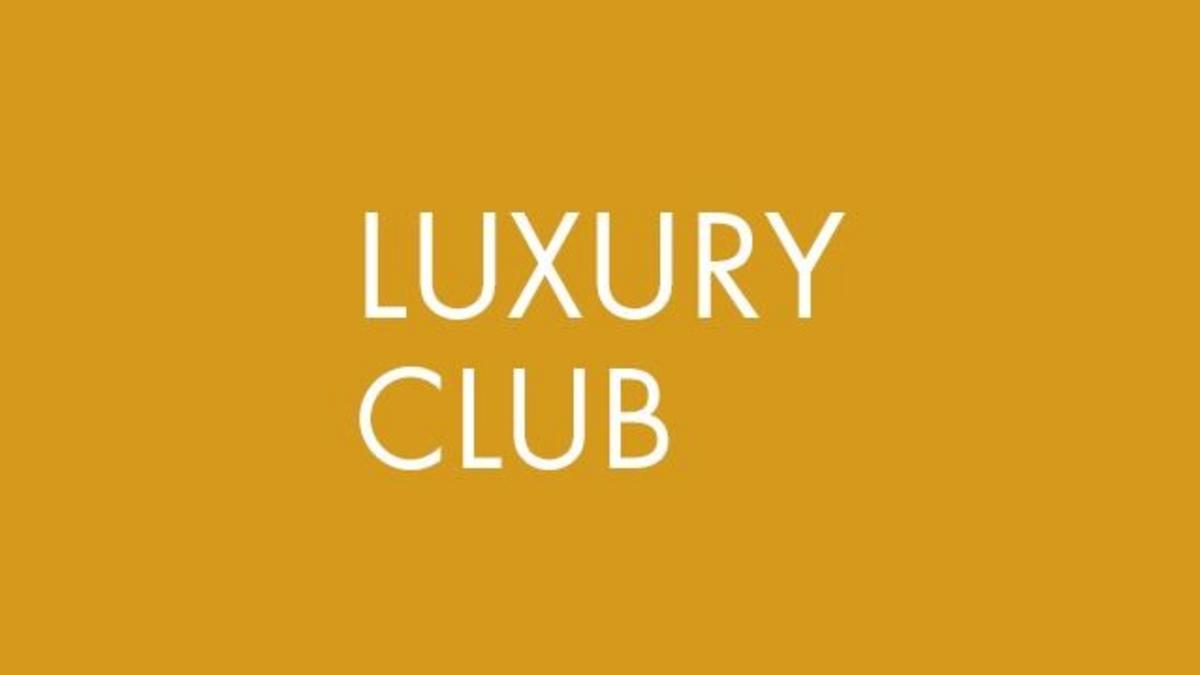COVID-19
How the luxury sector can adapt to the COVID-19 crisis

The crisis has hit the luxury industry at a time of great disruption to traditional brands, as competition mounts from new entrants and consumer expectations evolve.
A recent meeting of the French Chamber’s Luxury Club in a webinar format discussed the impacts of the crisis on the luxury sector, and explored new ways that the industry can adapt to meet its challenges.
The session’s guest speaker, Anant Sharma, CEO & Founder of Matter of Form Group, outlined that the luxury industry was facing a range of new challenges prior to the global outbreak of coronavirus. These include increased competition from new entrants and the erosion of traditional brand loyalty.
He reported a 20 to 25 percent contraction in the luxury industry globally, as the wealthy are making less big purchases and ethical and environmental issues grow in importance with consumers.
‘Luxury consumers are changing,’ says Sharma. ‘And it has been a struggle for some brands to maintain their relevance.’
He notes that brands need to quickly adapt their activities to reflect ethical credentials. Consumers also expect luxury brands to demonstrate fairness, both in internally and externally, in terms of the way they operate their businesses.
‘Consumers are buying thoughtfully, and they are also slowing down. They are rejecting the typical luxury codes,’ he says.
Resilience and recovery
In the wake of the global pandemic, many luxury brands were quick to offer their support for the communities and health services, which Sharma characterise as creating a ‘sense of unity in the industry.’
Fashion brand Prada produced more the 80,000 medical gowns for free in Italy, while Chanel provided free face masks and Claridge’s has offered free beds for NHS workers. Recently the luxury auto maker Maclaren began producing ventilators and the French LVMH Group announced that it was making hand sanitizers.
‘We have to be progressive in what we can and can’t do,’ says Sharma, who notes that brands need also to develop their online stores and offers.
‘Everything needs to be digitised, as people move to new forms of consumption and behaviour. It is also an important way to democratise your brands and make visible great talent.’
Taking the hard-hit events industry as an example, he notes the Courtauld Institute of Art saw an 800 percent increase in their digital exhibitions since the lockdown in the UK, and highlighted other innovations in the space including the Michelangelo Foundation’s #Athomewith Instagram series.
The digital space was often considered a stigma for some luxury brands. But as traditional brands like Chanel have begun engaging with the customer and offering content online, Sharma says that those who lack a clear plan for their digital transformation will be left behind or forgotten.
For bigger businesses, this means an opportunity to focus on innovation and growth in their businesses. Acknowledging that these are cash-strapped times, he recommends that firms with the ability to do so consider investing in online campaigns.
‘It is also a time to reflect about where the value is in your business. It is about where to cut and where you have a licence for change and innovation.’
The session was the first time the Club met in a webinar format, as French Chamber Forums and Clubs adapt to remote working. It was co-chaired by Tom Meggle, Founder & Director of Momentom 8, and Sylvie Freund-Pickavance, Director of Strategy and Business Development at Value Retail.
For information about the next meeting of the Luxury Club, please click here